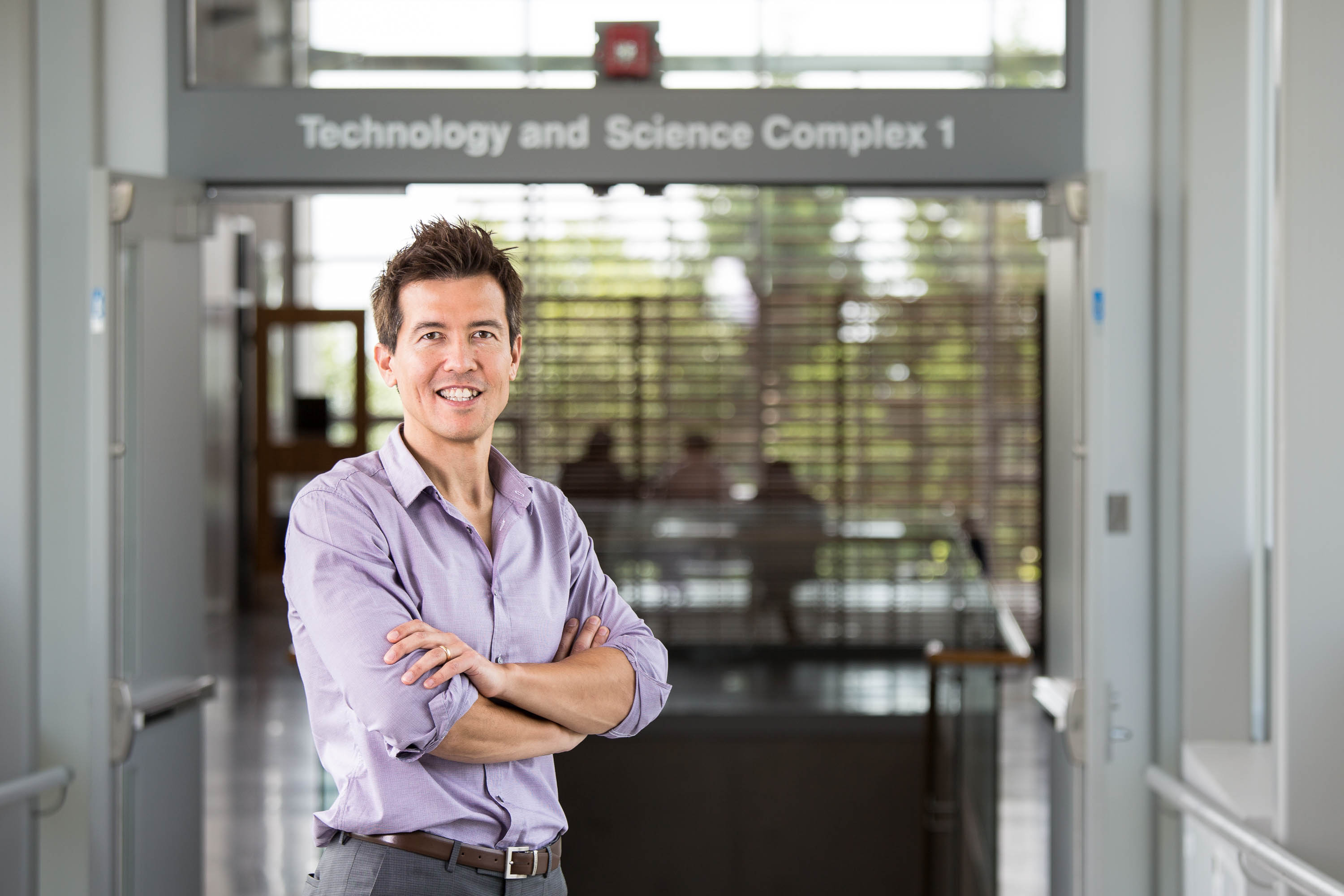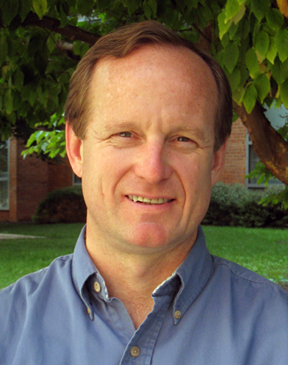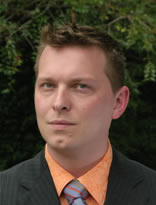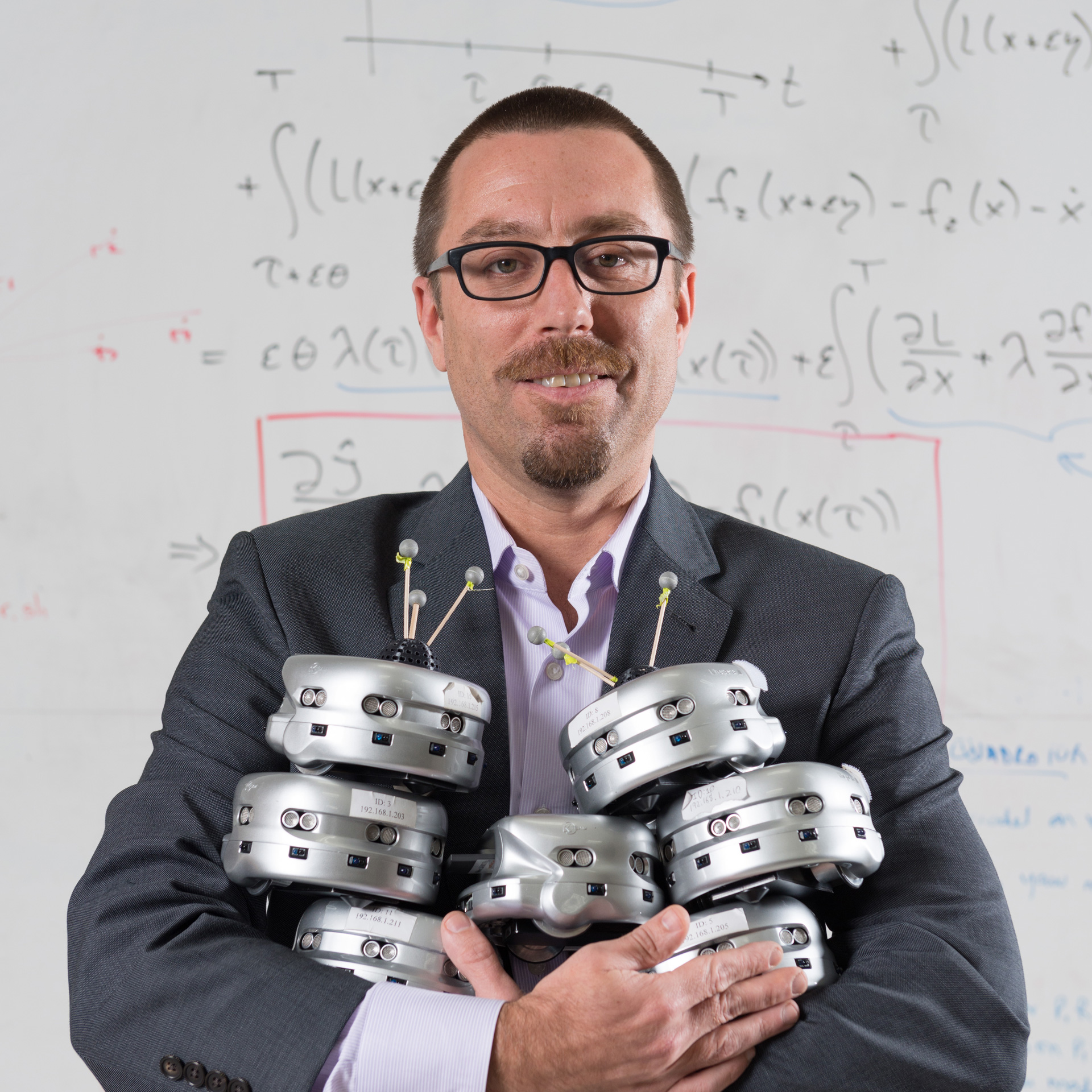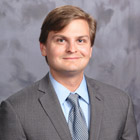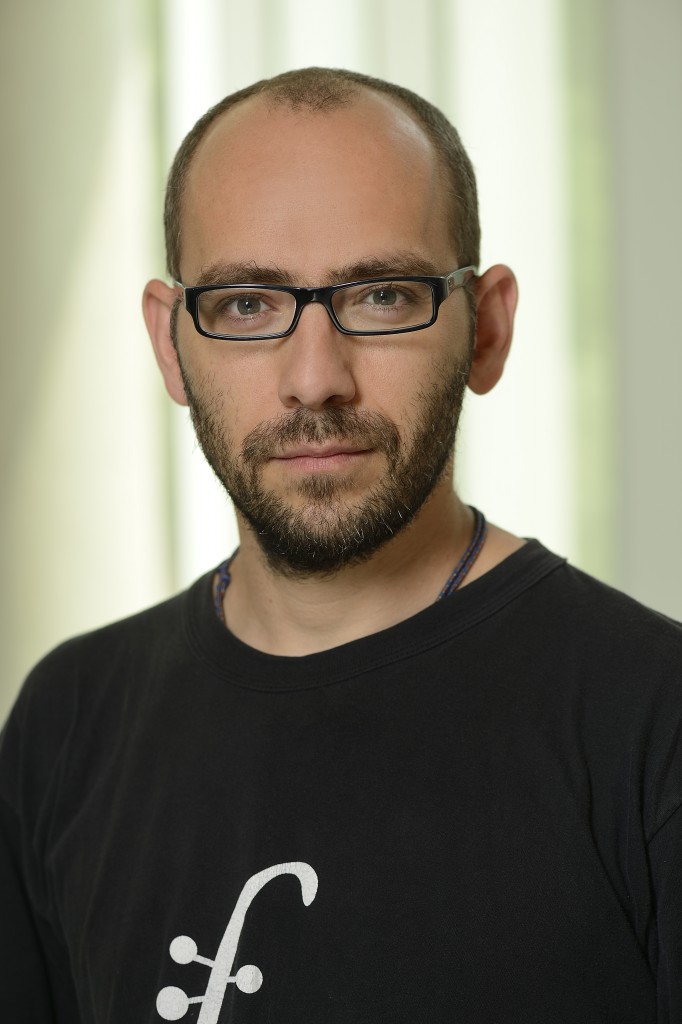RI Seminar
Deep Structured Models for Human Activity Recognition
Abstract: Visual recognition involves reasoning about structured relations at multiple levels of detail. For example, human behaviour analysis requires a comprehensive labeling covering individual low-level actions to pair-wise interactions through to high-level events. Scene understanding can benefit from considering labels and their inter-relations. In this talk I will present recent work by our group building [...]
Level Set Models for Computer Graphics
ABSTRACT A level set model is a deformable implicit model that has a regularly-sampled representation. It is defined as an iso-contour, i.e. a level set, of some implicit function f. The contour is deformed by solving a partial differential equation on a sampling of f, an image in 2D and a volume dataset in 3D. [...]
“Does it look right? – Why capture and reconstruction quality really matter.”
Special RI Seminar Please Note Different Day and Time Abstract: At first sight, 3D reconstruction can be considered a solved problem. The principles are well understood and we can reconstruct a wide range of objects and scenes using active as well as passive reconstruction approached. However, most of these reconstructions are not convincing when really [...]
Factor Graphs and Automatic Differentiation for Flexible Inference in Robotics and Vision
PLEASE NOTE: THIS SEMINAR WILL NOT BE RECORDED Abstract: Simultaneous Localization and Mapping (SLAM) and Structure from Motion (SFM) are important and closely related problems in robotics and vision. I will review how SLAM, SFM and other problems in robotics and vision can be posed in terms of factor graphs, which provide a graphical language [...]
Long Duration Autonomy With Applications to Persistent Environmental Monitoring
Abstract: By now, we have a fairly good understanding of how to design coordinated control strategies for making teams of mobile robots achieve geometric objectives in a distributed manner, such as assembling shapes or covering areas. But, the mapping from high-level tasks to geometric objectives is not well understood. In this talk, we investigate this [...]
Marine Robotics: Planning, Decision Making, and Learning
Abstract: Underwater gliders, propeller-driven submersibles, and other marine robots are increasingly being tasked with gathering information (e.g., in environmental monitoring, offshore inspection, and coastal surveillance scenarios). However, in most of these scenarios, human operators must carefully plan the mission to ensure completion of the task. Strict human oversight not only makes such deployments expensive and [...]
Signal Processing – From Images to Surfaces
Abstract: In this talk we will revisit some classical techniques from image processing and explore what is involved in translating them to the context of surfaces. We will show that by leveraging existing methodology from discrete differential geometry, it is often easy to extend the image-based techniques so that they can be used to edit [...]
Bio-inspired dynamics for multi-agent decision-making
Abstract: I will present distributed decision-making dynamics for multi-agent systems, motivated by studies of animal groups, such as house-hunting honeybees, and their extraordinary ability to make collective decisions that are both robust to disturbance and adaptable to change. The dynamics derive from principles of symmetry, consensus, and bifurcation in networked systems, exploiting instability as a [...]
